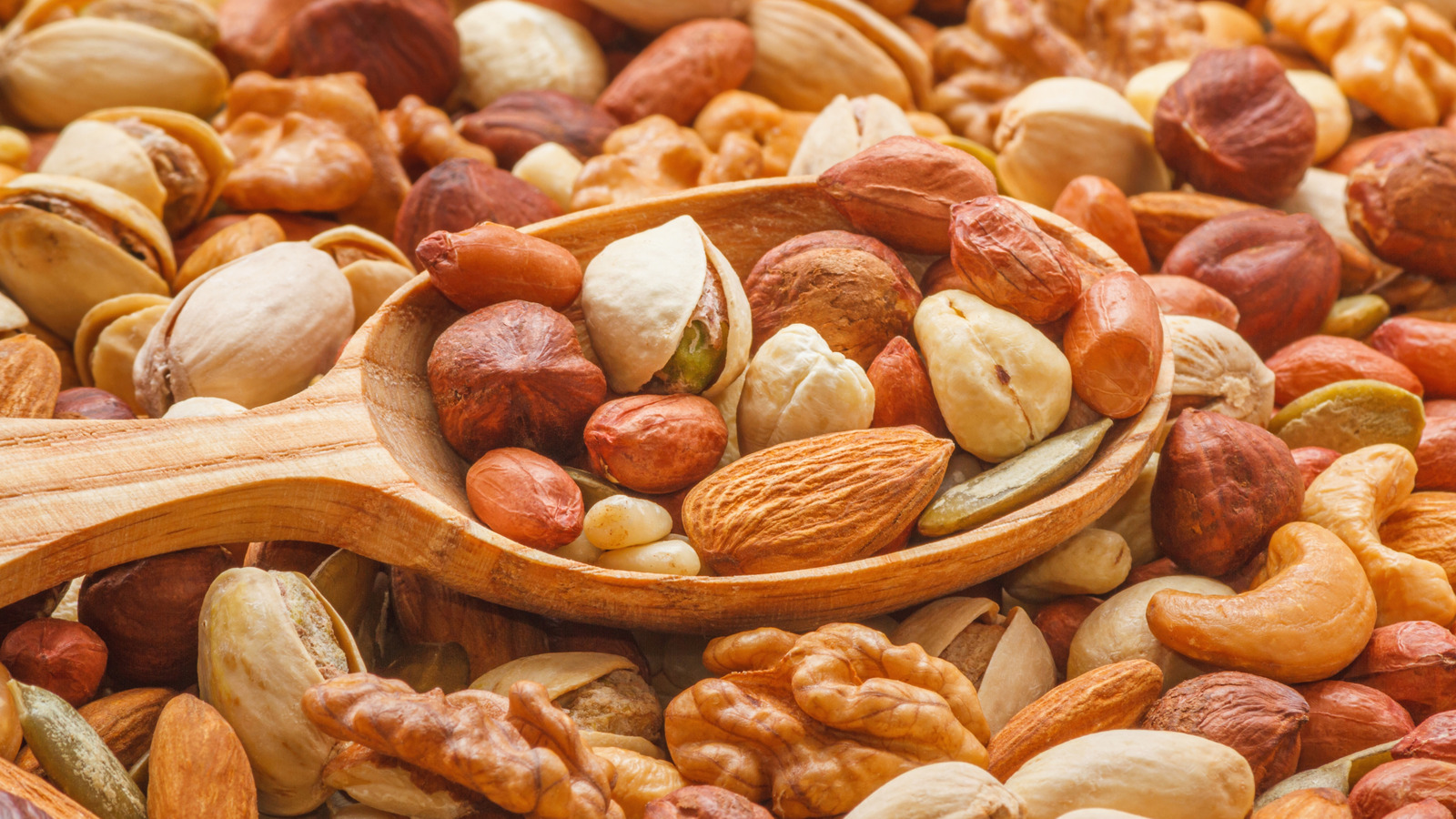
"Despite the enduring symbolic reason that chestnuts are eaten on Christmas, there's no reason to limit your enjoyment of them to December alone. Like other types of nuts, chestnuts' nutritional benefits are enough to make you work them into your weekly meals. They're low in calories and great sources of fiber and protein. What makes them different from their counterparts, however, is their antioxidant-rich makeup. Chestnuts have a high amount of vitamin C, as well as gallic and ellagic acid."
"Nutrients aside, chestnuts have a taste that makes them far more deserving than the once-a-year love they get. Chestnuts can be pretty bitter, but when roasted (over an open fire or in the oven), they soften and take on a buttery, creamy flavor. They're starchy and sweet, with a flavor that many liken to sweet potatoes. Of course, roasting and salting the nuts to enjoy as a snack is a popular way to enjoy them,"
Chestnuts are nutrient-dense nuts that provide low calories, fiber, protein, and strong antioxidant properties, including high vitamin C and phenolic acids such as gallic and ellagic acid. Roasting mellows their inherent bitterness and transforms them into a buttery, creamy, starchy, and sweet nut often compared to sweet potatoes. Chestnuts are commonly roasted and salted as snacks but also adapt to many culinary roles. Blending roasted and peeled chestnuts with water creates a naturally sweet chestnut butter that pairs well with toast, waffles, honey, or vanilla. The unique flavor and nutritional profile encourage regular inclusion in meals beyond seasonal consumption.
Read at Tasting Table
Unable to calculate read time
Collection
[
|
...
]